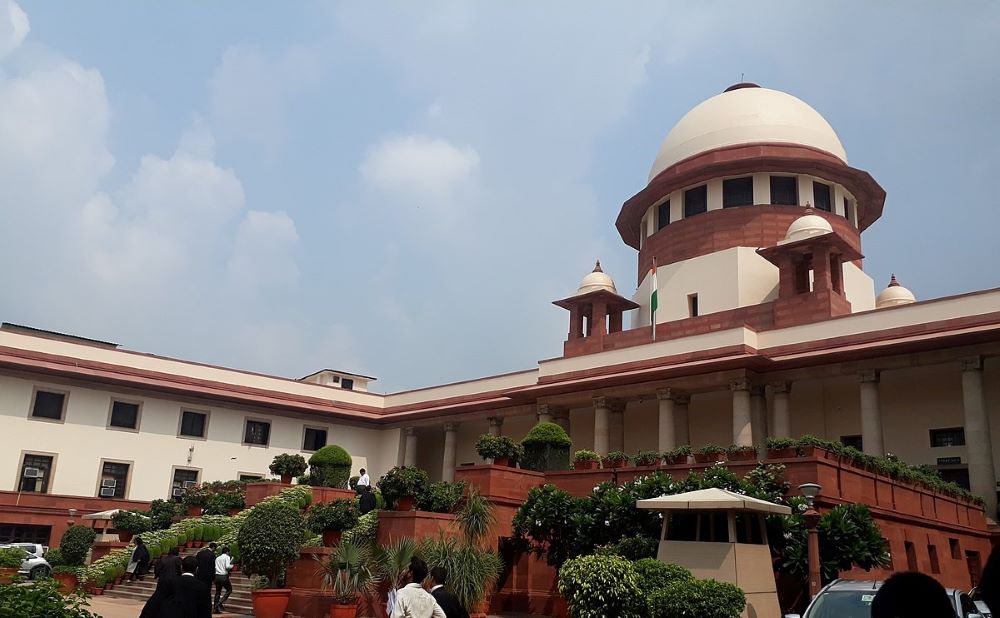Kareena Eugene
On Monday, 3rd April 2021, the Supreme Court held that the States cannot influence the autonomy of Private Unaided Schools to fix and collect ‘just’ and ‘permissible’ school fees from parents, especially when it is done in the name of pandemic.
A Bench of Justices A. M. Khanwilkar and Dinesh Mahehwari said that, “It is one thing to say the State may regulate the fee structure of Private Unaided Schools to ensure that the School Management does not indulge in profiteering and commercialisation, but in the guise of exercise of that power, it cannot transcend the line of regulation and impinge upon the autonomy of the school to fix and collect ‘just’ and permissible’ school fees from its students”.
The judgement came on the basis of a series of appeals filed by Private Unaided Schools in Rajasthan against the Government’s notifications to put off collection of fees, including reduction of fees limited to 70% by schools affiliated to the Central Board of Secondary Education and 60% from the schools affiliated to the Rajasthan Board of Secondary Education.
This was done in view of the reduction of syllabus by the said Boards as a consequence of the wave of pandemic since March 2020.
The School Management contended on the matter by stating that none of the provisions of the Disaster Management Act 2005, or the Rajasthan Epidemic Diseases Act 2020, or the Rajasthan Schools (Regulation of Fee) Act authorised the State to reduce the fees collected by the schools.
The Court countered this contention by saying that the State was only taking the interest of parents into consideration.
However, the Court agreed with the School Management that States do not hold any authority under the 2005 Act to direct changes in fee structure because of the pandemic.
The judgement was concerned with around 36,000 Private Unaided Schools, including 220 minority Private Unaided Schools in Rajasthan.
The Judgement noted that, “The determination of school fee structure (which includes reduction of fixed fee for the relevant period) is the executive prerogative of the school management running a Private Unaided School, it is not open to the Legislature to make a law touching upon that aspect except to provide statutory mechanism to regulate fees for ensuring that it does not result in profiteering and commercialisation by the School Management”.
Justice Khanwilkar, who headed the Bench, noted that the matters presented were two different points, if as a policy, the State Government does take the responsibility to subsidise the fees of students of Private Unaided Schools, the State cannot assume power much less try to issue directions.

